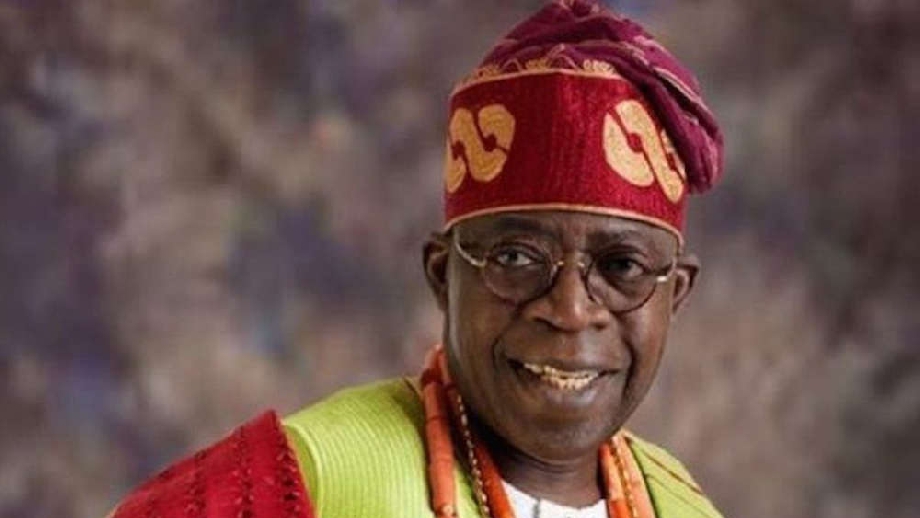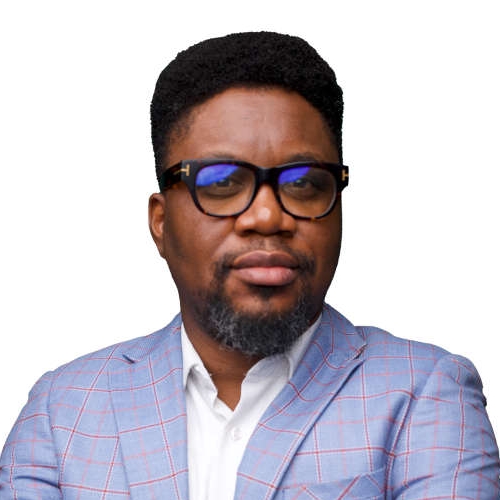
When President-elect Bola Tinubu told Governor Nyesom Wike of Rivers State to lobby him if he wanted to get money back for building flyovers on federal roads in the state, he may not have thought that his comment could reignite a heated debate on lobbying that has been going on for decades.
Recall that during the visit of the president-elect to Rivers State last week for the inauguration of the Rumuokwuta-Rumuola flyover, Governor Wike requested the incoming administration to consider a possible refund to Rivers State, a request the president-elect jokingly advised the governor to come and lobby him if he wants to get his refund for the flyovers. Mr. Tinubu later explained his response, stating that he cannot commit himself to anything when his tenure has not started.
Lobbying—the practice by which individuals or organizations attempt to influence policymakers—is widespread in many nations, including Nigeria.
According to a report from the Centre for Responsive Politics, lobbying spending in the United States reached a new high of $3.5 billion in 2020. The research revealed that some of the organizations that spent millions of dollars on lobbying efforts, to influence government policy and legislation in 2020 included the U.S. Chamber of Commerce, the National Association of Realtors, and the Pharmaceutical Research and Manufacturers of America.
However, the ability of major firms and rich individuals to spend enormous amounts of money on lobbying operations has led some to suggest that lobbying can lead to undue influence on policy decisions.
Lobbying in Nigeria
Lobbying in Nigeria has yet to evolve into a formal institution, said Okeke Anya, the program manager on democratic governance of the Civil Society Legislative Advocacy Centre, CISLAC, the Nigerian chapter of Transparency International.
“If we have a legal system, people can now know the processes to follow and move away from the issue of bribery, and at the end of the day, whatever we are doing in terms of lobbying will have to be open and transparent; people will know what you are doing, and educate themselves that any inducement beyond what is expected in the law, becomes a criminal act,” he said.
Bribery is bribery, that is why for instance when you have companies that are registered to do lobbying, it will be a very very transparent process to say that this is what you are giving for what we want you to do. And most importantly, because it is a formal and registered institution, you find out that people are open, and when you are trying to do it in a clandestine manner and through underhand deals, you don’t give openly, so when you agree to those things, it has moved away from that official way to engage. Lobbying is about engaging the government to say that this is what we want and this is what we are willing to give,” Mr. Anya added.
There are barely any laws in Nigeria that regulate lobbying activities. This creates significant obstacles to establishing a clear connection between lobbying and politics in Nigeria.
In 2016, the Bill for an Act for the Regulation and Registration of Lobbyists in Nigeria and for other matters connected was debated in the Senate.
The bill passed the second reading on October 12, 2016.
Nothing has been heard of it since.
If enacted, the law would regulate and, for the first time in Nigeria, define lobbying.
The sponsor, Senator Dino Melaye, led the debate at the time on the general principles of the Bill to make provision for the registration and regulation of professional lobbyists in the Legislature under the Companies and Allied Matters Act (CAMA).
According to the provision, professional lobbyists would be required to register with the Ministry of Justice to practice as a lobbyist in the Senate or House of Representatives or both Houses.
If passed in its current form, the bill will enforce registration of lobbying activities in the Legislature and will require lobbyists to disclose how much expenses are spent on lobbying and to whom it concerns.
The law would also ban lobbyists from paying for gifts and food as a means of inducement, a common practice in the corridors of power.
The bill makes no provision for lobbying in the context used by the president-elect in his response to Governor Wike.
Contractors in Nigeria use lobbying in the same way he did at the various federal ministries, departments, and agencies.
Civil society in Nigeria has been calling for legislation that would regulate or at least expose activities in which well-connected professional advocates, often lawyers, manipulate the public domain for the benefit of private businesses or the political elite, the Sustainable Development Goals' shadow report for 2017 said.
The report cited the utmost secrecy of contract awarding in sectors such as extractives, defence, etc. as a direct result of publicly damaging and unregulated lobbying. The report said there are reasons to believe that lobbying without any transparency has resulted in huge losses in revenues.
According to the report, in the case of the defence sector, many legislative exemptions from civil service oversight in the past have indirectly contributed to the security threat. The report states that many lobbyists manipulate lucrative military contracts, which are clearly not delivering any value to Nigerian security.
But lobbyists' supporters say the practice is crucial since it helps ensure that a wide range of voices are heard during the policymaking process.
Mark Fagan, a Lecturer in Public Policy at the Harvard Kennedy School’s Ash Center for Democratic Governance and Innovation, Harvard University, in his 2015 book titled, “Lobbying: Business, Law and Public Policy, Why and How 12,000 People Spend $3+ Billion Impacting Our Government” said that:
“Effective lobbying requires understanding the political and policy-making process. It is also a function of human psychology and strategy consulting. Many lobbyists have a legal background, which enables them to draft and dissect legislation and make meaningful recommendations, but some are former politicians, businessmen, and communications specialists. Lobbying requires business acumen, drawing on skills such as networking, consulting, and public relations. While these disciplines can be looked at separately, lobbying requires the study of all of them together.”
Efforts to improve lobbying openness and responsibility have increased in recent years.
In the United States, for instance, lobbyists are required to register with the government and record their activities.
While some steps have been taken, some critics say more must be done to make lobbying more open and honest.
“Bribery and lobbying are totally different, CISLAC’s Mr. Anya said.
Bribery is done discreetly, unlike lobbying which should be done openly and publicly, he added.
The argument over lobbying's benefits and downsides is likely to continue as long as it plays such a key role in politics and governance, especially with an incoming government.
The ‘lobby me’ comment of the president-elect may have done nothing to better position the nation to institutionalize ethical lobbying, but it reminds us that Nigeria needs to regulate lobbying now and fast.


